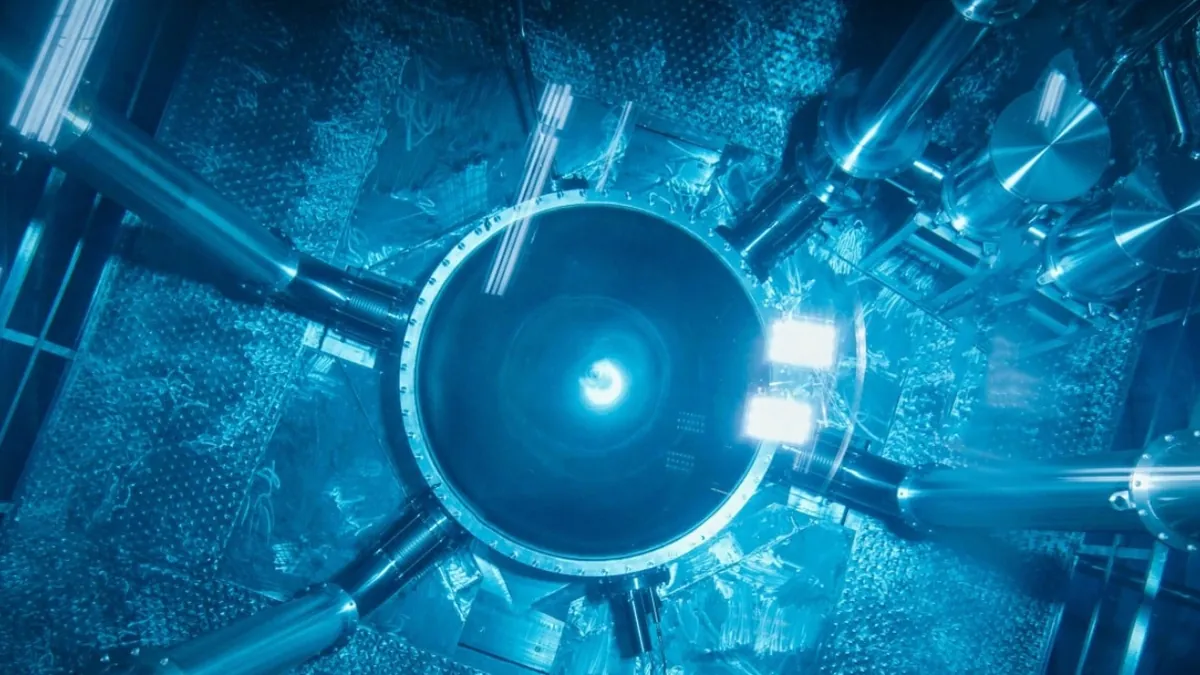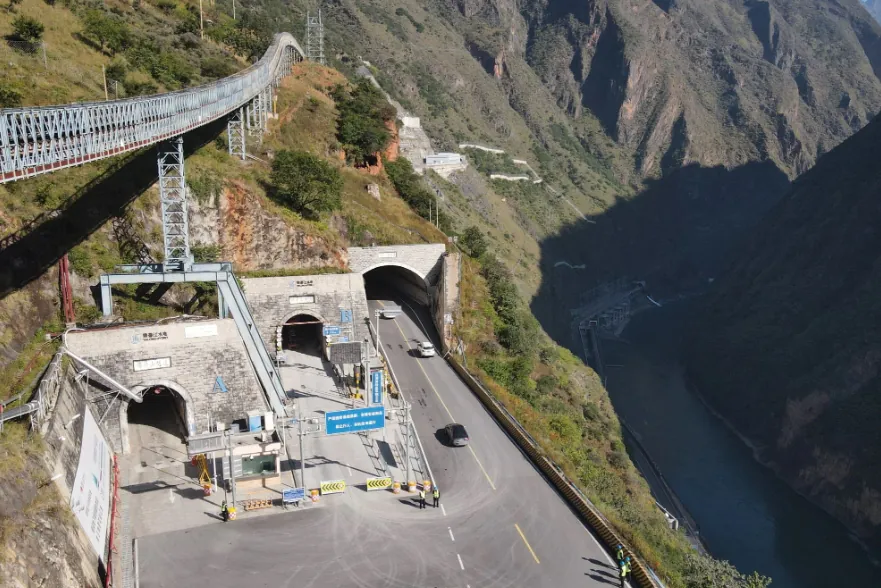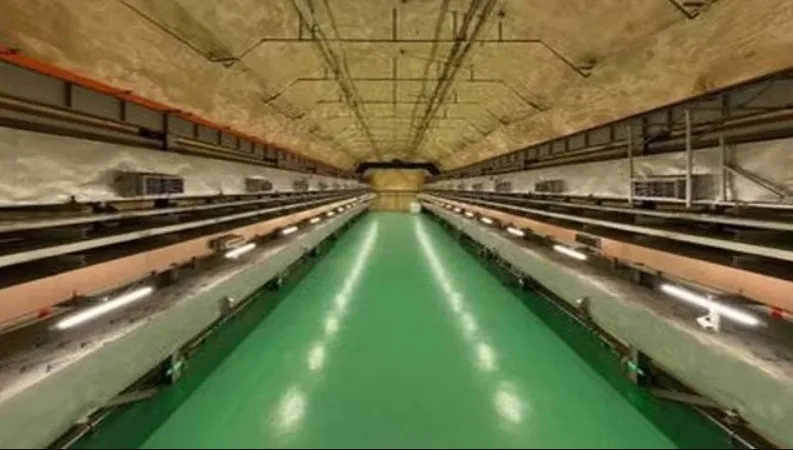
The world’s deepest and largest underground laboratory, built 2,400 meters below the surface in southwestern China, has begun operations, which could be a significant boost to the global search for dark matter.
The launch of China’s Jinping Underground Laboratory comes after three years of massive modernization and expansion, state news agency Xinhua reported on Thursday.
Thanks to special testing conditions that are not available to scientists from other countries, this facility is expected to open new horizons in deep-earth experiments. Located at an extreme depth that blocks most cosmic rays, the laboratory is considered an ideal “ultra-clean” place for scientists to detect dark matter, an invisible substance believed to make up at least a quarter of the Universe.
With a floor space of 300 thousand square meters. cubic meters (79.3 million), which is equal to about 120 Olympic swimming pools, it is also the largest underground laboratory in the world – almost twice the size of the Gran Sasso National Laboratory in Italy.

Dark matter does not absorb, reflect, or emit light, making it extremely difficult to detect, according to the European Organization for Nuclear Research (CERN), which also hosts equipment that studies the strange and unknown substance. CERN’s powerful particle accelerator, the Large Hadron Collider, is located 100 meters underground near Geneva on the French-Swiss border. The collider is used by international researchers to search for dark matter.
Scientists were able to conclude the existence of dark matter from the gravitational effect it seems to have on visible matter. Unlocking its mystery could help researchers better understand the composition of our Universe and how galaxies hold together.
When the first phase of Jinping’s laboratory was completed in 2010, its capacity was about 4,000 cubic meters. Joint construction of its second phase by Tsinghua University and the state-owned Yalong River Hydropower Development Company began in December 2020. The research center, located deep beneath Mount Jinping in the southwestern Chinese province of Sichuan, can be reached by car through a tunnel.

Yue Qian, a professor at Tsinghua’s Department of Engineering Physics, told Xinhua that the lab is exposed to only a tiny stream of cosmic rays, equal to one hundred millionth of what falls on the Earth’s surface, offering an ultra-clean space for scientists looking for dark matter.
Other conditions in the laboratory, including extremely low ambient radiation and concentrations of naturally occurring radioactive radon gas, will also contribute to the detection of dark matter, “so that we can proceed with the most significant scientific research,” Yue is quoted as saying. He added that the laboratory will also support interdisciplinary research in particle physics, nuclear astrophysics, cosmology, life sciences, and rock mechanics.
According to Xinhua, ten research teams are already working at the facility, which includes scientists from Tsinghua University, Shanghai Jiao Tong University, and Beijing Normal University, as well as the China Atomic Energy Institute, the Institute of Rock and Soil Mechanics of the Chinese Academy of Sciences, and other institutions.
According to China’s state news service, a team from the West China Medical Center of Sichuan Medical University, which studies deep-earth medicine in the laboratory, was able to identify molecular targets adapted to the extremely low radiation background. This discovery could potentially improve the treatment of tumors, the report says.

